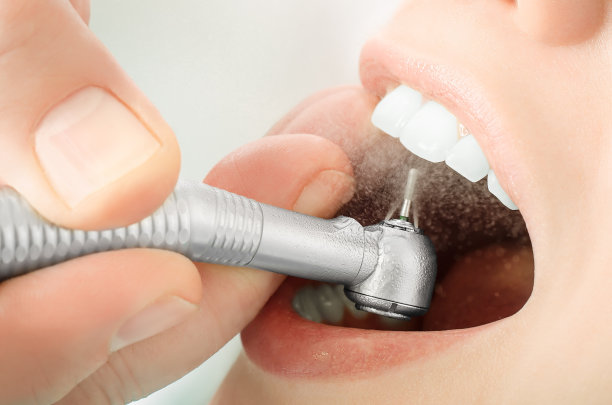Essential Guidelines to Follow Before Undergoing Root Canal Treatment for Optimal Dental Health and Comfort
Summary: Root canal treatment is a common dental procedure, but knowing the essential guidelines before undergoing it can greatly enhance both dental health and comfort. This article provides a concise overview of four crucial aspects: understanding the procedure, selecting the right dentist, preparing mentally and physically, and post-procedure care. By adhering to these guidelines, patients can ensure a smooth treatment experience and promote effective healing, ultimately contributing to long-term dental health.
1. Understanding the Root Canal Procedure

Before undergoing a root canal treatment, it’s vital to understand what the procedure entails. A root canal is performed to save a tooth that is badly decayed or infected. The process involves removing the damaged pulp from the tooth, cleaning the inside, and then sealing it to prevent further infection. Having a clear understanding of the steps involved can alleviate fears and anxiety associated with the treatment.
Patients should educate themselves about the symptoms that indicate the need for a root canal, such as severe toothache, prolonged sensitivity to hot or cold, discoloration of the tooth, and swelling of the gums. Recognizing these symptoms early can lead to timely treatment, which is essential to minimizing discomfort and preserving the tooth.
Consulting with a dentist prior to the procedure is also critical. A comprehensive examination, including X-rays, can provide valuable insights into the extent of the damage and help craft a personalized treatment plan. This collaborative approach allows patients to make informed decisions about their dental health.
2. Selecting the Right Dentist
Choosing the right dental professional for a root canal is paramount for ensuring a successful outcome. Patients should look for a dentist who specializes in endodontics, which is the field focused on root canal therapies. Such specialists possess in-depth training and experience that can ensure a higher level of care.
It’s advisable to seek recommendations from family, friends, or general practitioners to find trusted dentists in the area. Checking online reviews and testimonials can also provide insights into the dentist’s reputation and treatment success rates. Don’t hesitate to schedule initial consultations to assess the dentists approach and comfort level with the patient.
Another crucial factor to consider is the technology and techniques used in the dental practice. Modern advancements, such as digital imaging and rotary endodontics, can significantly enhance the accuracy and efficiency of the procedure. Patients should inquire about the tools and methods used to ensure they receive the best care possible.
3. Preparing Mentally and Physically
Mental preparation is often overlooked but is vital before undergoing a root canal. Patients should take time to acknowledge their feelings about the procedure. Discussing any fears or anxieties with the dentist can help in addressing these concerns, potentially making the treatment experience more manageable.
Physical preparation includes understanding the importance of maintaining good oral hygiene leading up to the procedure. This can help minimize the risk of further infection and promote healing. Practicing good dental habits, such as brushing and flossing regularly, as well as avoiding certain foods that may aggravate sensitive teeth, will contribute positively.
Patients should also consider their schedule post-treatment. Making arrangements for help with daily activities can ensure a smooth recovery. Resting after the procedure will aid in minimizing discomfort and allow the body to heal effectively. A relaxed mindset combined with physical readiness can enhance the overall experience.
4. Post-Procedure Care and Follow-Up
After a root canal, it’s crucial to follow proper post-procedure care to facilitate healing and mitigate discomfort. Patients may experience some soreness or swelling, which can often be managed with prescribed or over-the-counter pain medications. Adhering to the dentist’s recommendations for pain management is essential for a smoother recovery.
Maintaining excellent oral hygiene continues to be important after the procedure. Patients should gently brush and floss, taking care to avoid any aggressive pressure on the treated tooth. Additionally, attending follow-up appointments is vital to monitor the healing process and ensure that there are no underlying complications.
Patients should also be mindful of their diet during the recovery period. Soft foods, avoiding extremely hot or cold items, and not using the treated tooth for chewing initially can support healing and minimize discomfort. Consulting the dentist for any questions regarding food or activity restrictions is advisable.
Summary:
Following the guidelines outlined in this article can greatly enhance the experience before, during, and after root canal treatment. A thorough understanding of the procedure, selecting a qualified dentist, and adequate mental and physical preparation can contribute significantly to optimal dental health and comfort.
This article is compiled by Vickong Dental and the content is for reference only.



